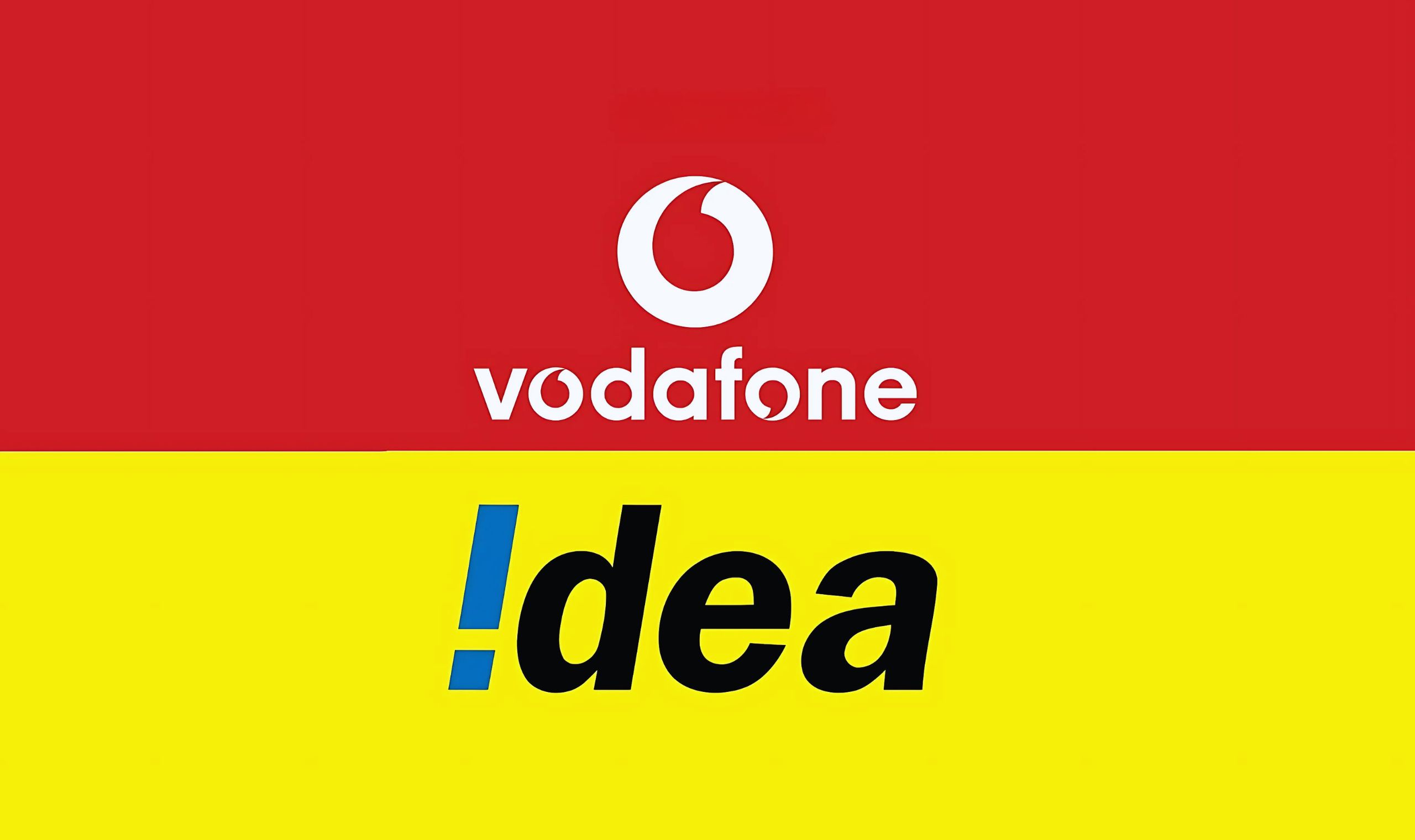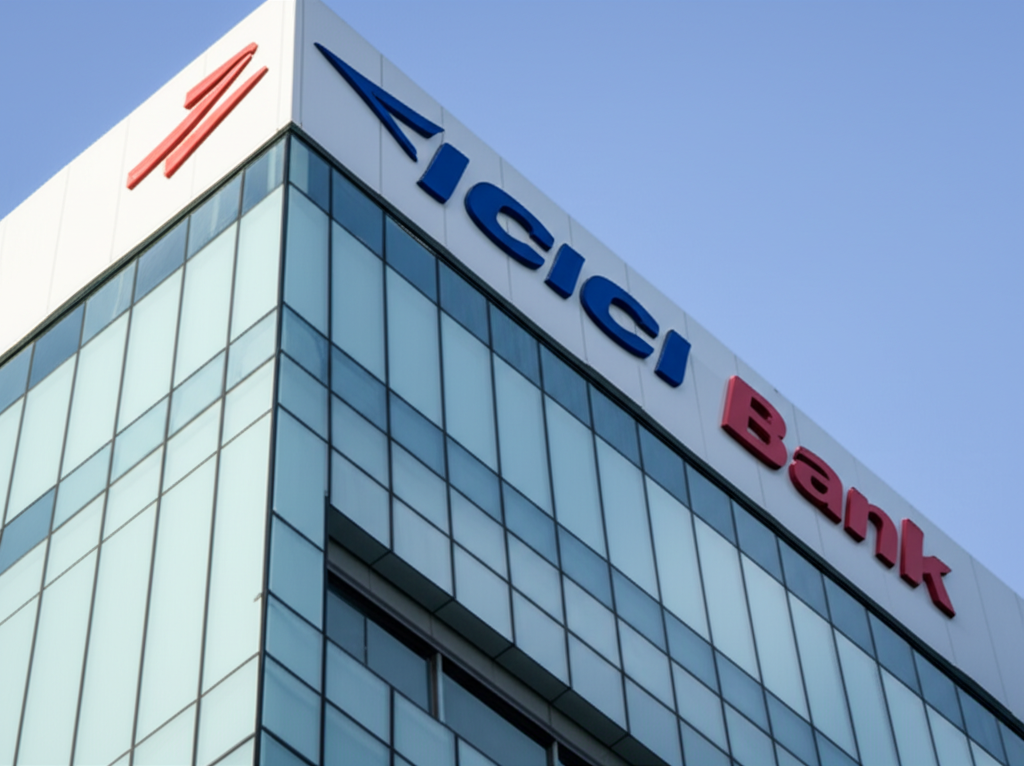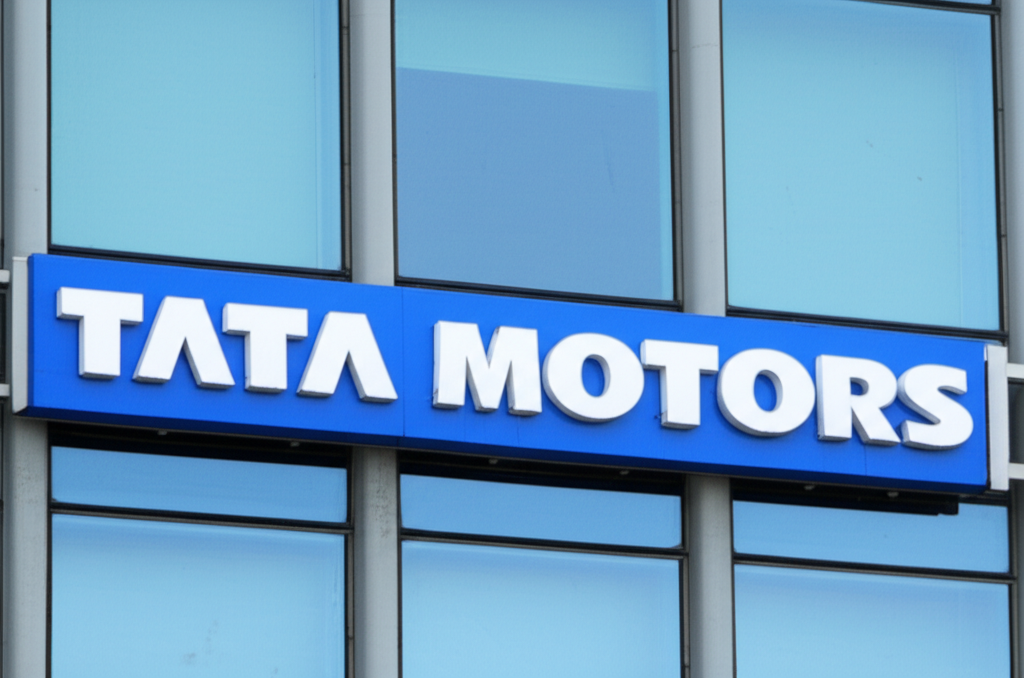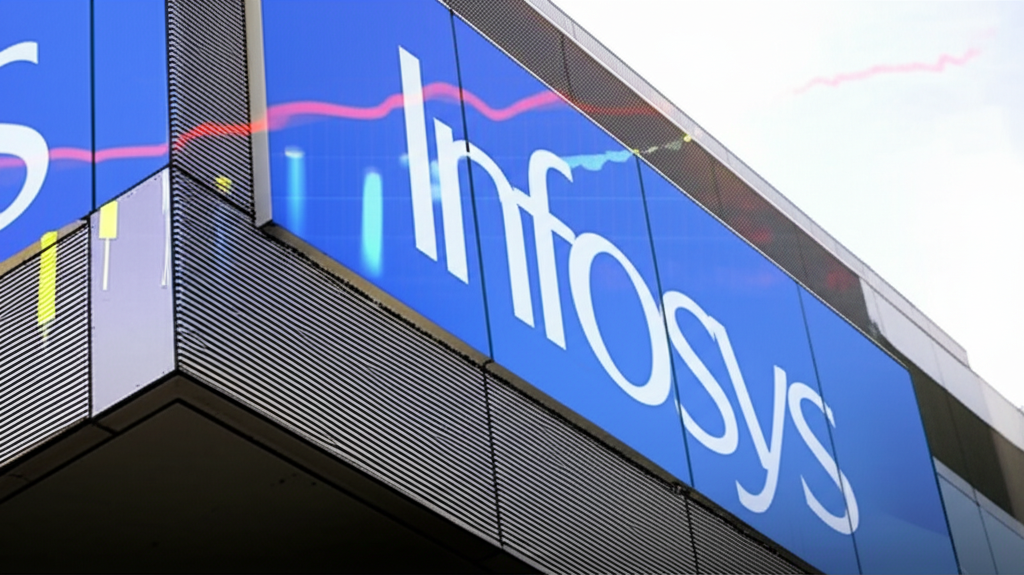The recent 17% boost in Vodafone Idea’s stock, following the Union Cabinet’s crucial approval of waiving bank guarantees for telecom operators – effectively all BG for spectrum auctions done before 2022-the current rising stock of Vi against the backdrop of intense competitive battle and financial strain the sector is under in the fast-paced and rapidly changing Indian telecom sphere-could well catch much more attention of investors than previously.
This is particularly so for Vodafone Idea, a telecom operator with heavy costs in terms of spectrum charges, AGR dues, and bank guarantee obligations. This waiver was supposed to alleviate the pressures on the telecom sector to allow such companies to strengthen their infrastructure and services. This blog explores the implications of this decision, its potential impact on Vodafone Idea, and what this could mean for the broader telecom landscape in India.
What Are Bank Guarantees and How Do They Affect Telecom Operators?
Before diving into the specifics of the Cabinet’s decision and its impact, it’s essential to understand the concept of a bank guarantee and its role in the telecom industry.
The type of guarantee that telecom operators give the government about their compliance with certain financial obligations, especially in relation to the spectrum auction, is the bank guarantee (BG). Spectrum refers to the electromagnetics frequencies that wireless companies use for communication. They require it to provide mobile and data services. Vodafone Idea and Bharti Airtel will source the spectrum from auctions managed by the government while also making BGs to cover financial liability regarding spectrum payments.
These BGs are basically a guarantee to the government that the operator would make the necessary payments for the spectrum they have procured. However, such guarantees are becoming a significant burden especially for Vodafone Idea that is facing a gigantic financial crunch due to spectrum payments and AGR dues.
The Decision of the Union Cabinet: A Relief for Vodafone Idea
The Union Cabinet has cleared waiver of bank guarantees for telecom operators on November 26, 2024, which has primarily been targeted at the spectrum acquired before 2022. This is directly affecting the telecom operators saddled with enormous financial obligations, especially Vodafone Idea, which owes more than Rs 24,700 crore in bank guarantees alone. This decision was a landmark in easing the burden of finance off the telecom companies and ensuring survival in the ever-growing competitive marketplace.
The waiver is believed to benefit the entire telecom sector, but Vodafone Idea seems to gain the most from the move. Vodafone Idea holds along with Bharti Airtel more than Rs 30,000 crore in BG obligations, and the waiver of BGs would ease off the financial distress of the entities significantly.
Market Reaction: Vodafone Idea Shares Rise 17%
The bank guarantee waiver for telecom operators has triggered a sharp surge in Vodafone Idea’s stock price. Shares of the company rose by as much as 17% on November 26, touching Rs 7.84 on the National Stock Exchange (NSE). The surge was accompanied by a substantial increase in trading volumes, with a total of 137 crore shares changing hands, more than double the one-month average of 54 crore shares. This spike in share price indicates how market participants perceive the Union Cabinet’s decision as a positive catalyst for Vodafone Idea’s financial health and long-term viability.
This price movement reflects investors’ optimism about Vodafone Idea’s future prospects, particularly as the company has been under financial strain due to various regulatory and financial challenges. The stock’s strong performance is also a result of the broader market’s understanding that this waiver could be the key to allowing Vodafone Idea to maintain its competitive position in the Indian telecom sector.
The Financial Struggles of Vodafone Idea
Vodafone Idea has been suffering financial hardship over the last few years. Cash flow and profitability for this company were eroded long back, saddled with a debt mountain due to spectrum fees and AGR dues. Bank guarantees, hence the delayed repayment, is one manifestation of this fact: the company could not serve its obligations on time.
In fact, Vodafone Idea defaulted on two major bank guarantee payments in 2024. First was a default of around Rs 350 crore for a spectrum acquired in a 2012 auction. Then came another default in September 2024 when the company failed to pay over Rs 4,600 crore for a BG related to a 2016 spectrum auction. This default has brought the ability of Vodafone Idea to operate in India’s highly competitive telecom market into question.
In response to its financial troubles, Vodafone Idea has raised Rs 24,000 crore by issuing equity. However, that is only the start. The company is now seeking an additional Rs 25,000 crore in loans, along with another Rs 10,000 crore in bank guarantees or letters of credit to stabilize its financial position. All these are important for the company to continue running its operations, investing in infrastructure, and staying competitive in the market, especially against rivals Bharti Airtel and Reliance Jio.
Read Also: Paytm Stock Soars
What does the Waiver Mean for Vodafone Idea?
The waiver of the bank guarantee by the Union Cabinet is a game-changer for Vodafone Idea, for the following reasons:
Debt Burden Reduced Sincerely:
The waiver of bank guarantees will immediately reduce the financial burden of Vodafone Idea, for it has over Rs 24,700 crore lying in the bank guarantee. Indeed, this is much-needed relief that would free up funds meant for operational purposes, infrastructure developments, and debt servicing for the company.
Improved Cash Flow:
With the elimination of further BG payments, Vodafone Idea can look forward to improved cash flow. This will give the company more flexibility to raise additional credit and reinvest in its business, especially in its telecom infrastructure and customer acquisition strategies.
Better Access to Credit:
With reduced financial obligations, Vodafone Idea would have better access to credit facilities. Banks and financial institutions are likely to extend loans and other kinds of financial support to the company knowing that the risk of default has been significantly reduced.
Increased Investor Confidence:
The revocation of bank guarantees is going to increase investor confidence in Vodafone Idea’s stock. Investors are responding positively to the government’s decision as evidenced by the 17% rise in its stock price. This may result in a higher market capitalization and more investors interested in the company, thereby making it an attractive choice for both short-term and long-term investors.
With pressure from financial strain eased off, Vodafone Idea will now have the opportunity to focus again on customer acquisition, network enhancement, and capitalizing on newer opportunities such as 5G services. Strategically, the company can consider inorganic expansions or partnerships that would add strength to its position in the telecom market.
Challenges Ahead for Vodafone Idea
Despite the relief brought about by the waiver, Vodafone Idea still faces significant issues. Although immediate financial relief is provided by the waiver in reduction of bank guarantees, some issues need to be addressed on a long-term basis by the company for its survival.
Competition from Bharti Airtel and Jio:
The Indian telecom sector is highly competitive, with Bharti Airtel and Reliance Jio being the dominant players. Vodafone Idea must continue to innovate and offer competitive pricing, quality services, and differentiated products to maintain its market share.
Debt and AGR Dues:
Despite a reduction in some part of the financial burden from waiver, Vodafone Idea’s overall debt and AGR dues must be addressed. In these regards, the company will require increased funds, better operational efficiencies, and consistent profits that reduce its liabilities.
Regulatory and Policy Risks:
The telecom industry is highly regulated, and government policies or regulations can bring risks to the operations of Vodafone Idea. This company needs to be agile regarding policy changes and keep working together with the government to establish a favorable business environment.
The company might face softness in the retail segment for a few more quarters. The present uncertainty in the economy along with high data tariffs and the rise in competition may hit the pockets of the consumers to spend on telecom services.
Conclusion
It is a positive step for Vodafone Idea.
The Union Cabinet has cleared the waiver of bank guarantees for telecom operators, which will give a much-needed relief to Vodafone Idea from its financial problems. The 17% rise in its stock price is a testament to how the market reacted positively to this news.
The company still has several challenges, especially in the retail segment, but this development has improved its financial flexibility and buoyed investor confidence. The next step for Vodafone Idea will be to capitalize on this opportunity to reduce its debt, invest in infrastructure, and remain competitive in the rapidly evolving telecom market. Government support, strategic investments, and financial restructuring could help Vodafone Idea regain its position in the market and deliver long-term growth for its investors.















0 Comments